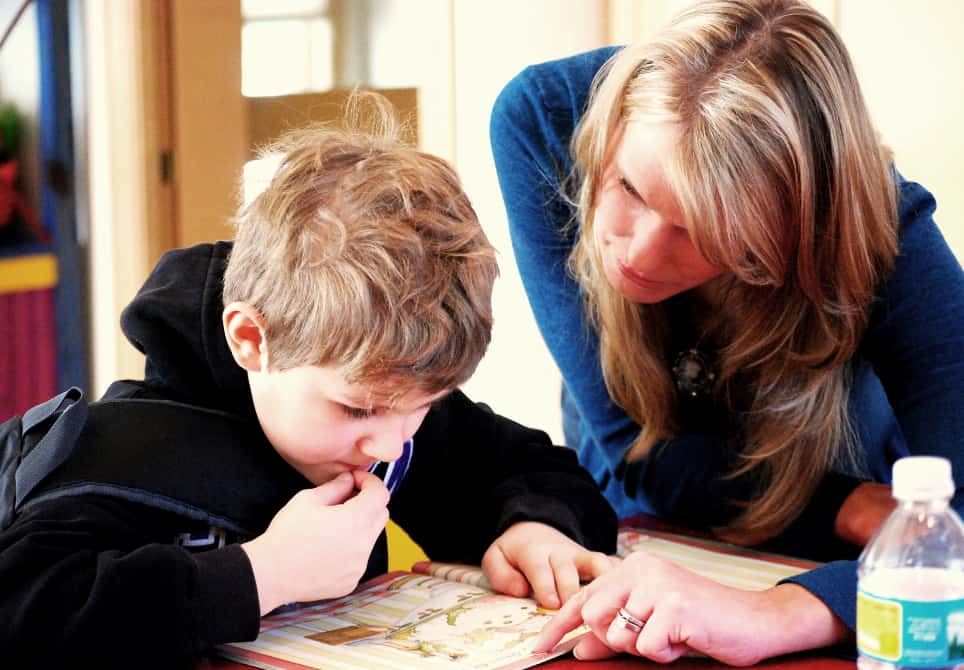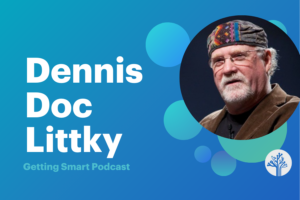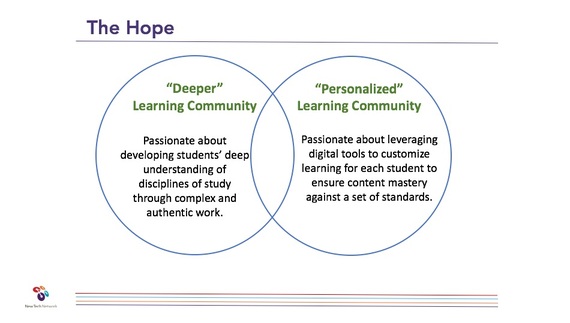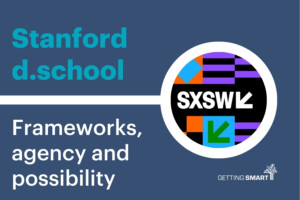Marriage of Deeper Learning and Personalized Learning

This post originally ran on Huffington Post.
This might be a match made in education heaven: combining the power of Deeper Learning with the promise of Personalized Learning. Is this pairing too good to be true? It’s exhilarating to imagine what this could mean for students and daunting to think about the implications for teachers.
We see these two instructional aims–Project-Based Learning (our proxy for Deeper Learning in this article) and Personalized Learning–as philosophically aligned, while posing significant operational challenges in the classroom. Teachers frequently face competing initiatives, not enough planning time, insufficient resources, and too often ineffective professional development.
The multiplicity of efforts in personalized learning have raised questions about the compatibility of project-based learning and personalized learning. This question contradicts early efforts (2010) to define the concept of personalized learning by groups like the ASCD and the Council of Chief State School Officers, whose definitions centered around project-based learning.
More recently (2014), a larger collection of organizations came together working to articulate an updated and more precise definition that centered around four principles: 1) learner profiles, 2) personal learning paths, 3) competency-based progressions, and 4) flexible learning environments. The absence of an explicit place for project-based learning in this formulation has fueled doubt by some that project-based learning and personalized learning are as inherently linked as early formulations suggested.
Project-based learning to New Tech Network (NTN) reflects the type of curricular and instructional approach that challenges and supports all students in mastering rigorous standards aligned to college and career readiness. In fact, college and career readiness for all students reflects a key stance we hold along with the nearly 200 K-12 schools who comprise our Network.
We teach an explicit approach to project-embedded performance assessments aligned to rubrics that reflect a college-ready standard (developed in partnership with the Stanford Center for Assessment, Learning, and Equity). In short, New Tech Network holds that project-based schools provide a powerful platform from which to pursue the promise of personalized learning. While we see great potential in pursuing an integration of the two approaches simultaneously, we know this can exacerbate the challenges of integration.
And still, despite these challenges we stand on the precipice of inviting all 6,000+ teachers in our Network to join us in designing learning experiences that are “deep” and “personal” for all students. The theme for our summer learning conference is “Making it Personal.” In a deeply personalized environment, it is likely that students across a classroom or school would simultaneously be working to improve across a wide range of learning outcomes. The range of learning objectives being pursued at any given moment in time calls into question the role of accountability systems and assessment tools to adequately capture useful information about the nature of student learning and growth unfolding in a school.
At NTN, we have reimagined our student and adult learning management platform, Echo, to create a high degree of flexibility and customization so that teachers can address deeper learning needs in individualized ways for learners. Some see risk in this flexibility, with teachers potentially using Echo in ways that aren’t aligned with our school design pillars about what’s best for students. However, we see the benefits outweighing the risks because we believe that innovative teaching can’t happen without room to experiment.
To ensure that teachers are fully equipped to make the best use of these opportunities and resources, we think a great adult learning path presents itself through blending personalized learning and deeper learning for teachers: personalized professional development. The hashtag #PDRevolution has been working its way through various professional learning networks. NTN recently hosted a #PBLChat conversation on adult learning, in conjunction with High Tech High, and the desire for deeper and more personalized PD for teachers was expressed by all who participated. When designing PD, we think it critical to listen to what teachers tell us they need.
We say, let’s make this leap together. Who’s interested in making this happen?
For more, see:
- An Ambitious Plan to Make the Nation Proud of its Public Schools
- New Tech High Celebrates Student Accomplishment with Senior Signing Day
Lydia Dobyns is president and CEO of New Tech Network. Follow her on Twitter: @LydiaDobyns.
Stay in-the-know with all things EdTech and innovations in learning by signing up to receive the weekly Smart Update. This post includes mentions of a Getting Smart partner. For a full list of partners, affiliate organizations and all other disclosures please see our Partner page.







0 Comments
Leave a Comment
Your email address will not be published. All fields are required.